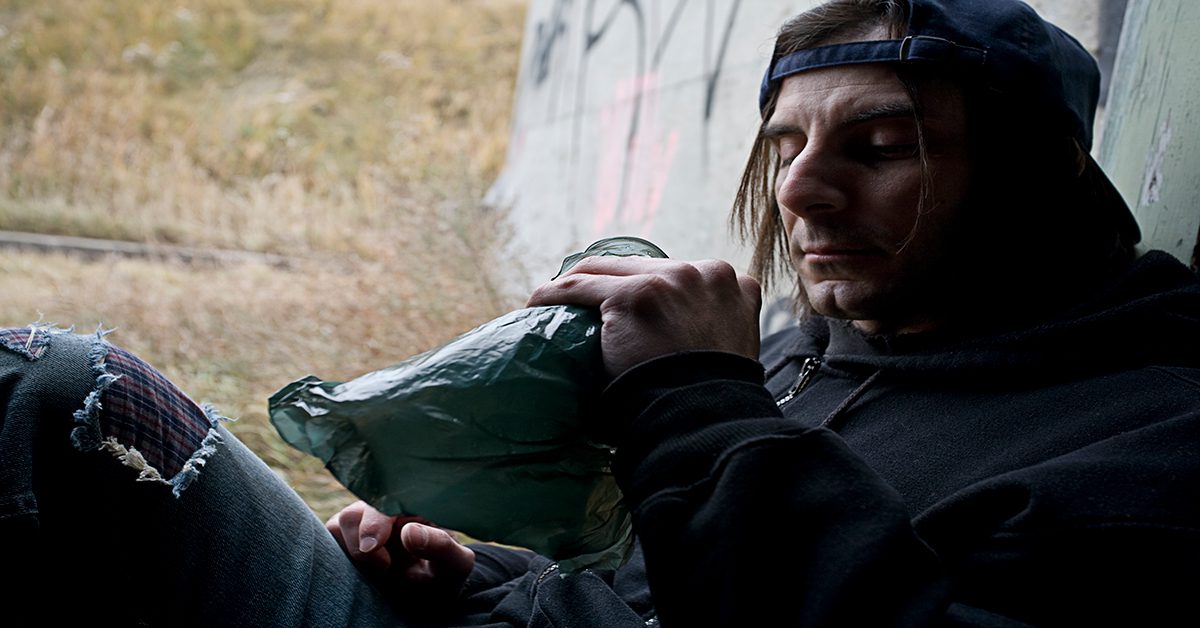What Happens to Alcoholics Who Relapse?
Did you or a loved one have an addiction to alcohol and are afraid of what happens to alcoholics who relapse? Will you go back to your old ways?
Alcoholism is a complex disease of the mind and emotions that causes the person to suffer internally. Alcoholics are not irresponsible or rebellious; they are most often victims of early childhood trauma, abuse, or neglect and usually have a family history of alcoholism (genetic link). But the most critical reason why someone needs to drink to feel okay is that all alcoholics have very low self-esteem, are severely insecure, and cannot ever feel loved enough. On the flip side, alcoholics also have developed overinflated egos in order to survive.
The symptoms of this disease called alcoholism are less about drinking and more about mental health.

Why Do Alcoholics Love Alcohol?
Alcoholics discovered at some point in their life that when they drink, they feel at ease about who they are and other people. Many ordinary people drink to socialize and engage with others, but alcoholics drink to feel included in life and to be able to connect to others. The reason alcoholics love alcohol is that it gives them confidence and, most importantly, self-appreciation. Unfortunately, most alcoholics were abused or witnessed violence as young children, and their level of security is extremely low.
Alcohol is said to be the medication or treatment for the emotional and mental strife that is alcoholism.
What Do the Experts Say About Alcoholism?
Today the term alcoholism has been re-invented by medical and treatment professionals to the term Alcohol Use Disorder. It is a more definitive definition for alcoholism because it allows for variances in severity. The National Institute on Alcohol Abuse and Alcoholism explains AUD:
When a person has uncontrolled and problematic drinking, he or she may have a health condition called alcohol use disorder (AUD), commonly known as alcoholism. Health professionals use a list of symptoms to diagnose AUD. Depending on how many symptoms the person has, AUD can be mild, moderate, or severe. Even a mild disorder can lead to problems, so treatment is important. (NIAAA)
What is a Recovering Alcoholic?
A person who has quit drinking and supports their sobriety by engaging in a recovery program is considered a recovering alcoholic. Getting sober and remaining abstinent from alcohol does not indicate recovery. The difference is that people in recovery have a program that helps them to feel at ease without drinking. Recovery is work, and the more a person puts into their recovery, the better they are for it. The common denominator for recovering alcoholics is acquiring a spiritual belief in God or another source.
Relapsed Alcoholics: What Happens to Them?
When an alcoholic relapses, they will resume their drinking pattern and behaviors right where they last left off. What that means is if the person drank pints of Vodka all day long, that’s what they will go back to doing. It might take a week to re-develop, but all alcoholics will confirm that they did not drink less or are different when they relapsed. Also, relapse usually causes worse problems than before. They will not just get one DUI but several. And they are likely to become suicidal and depressed; for the mere fact that they know they should not be drinking- they will feel enormous amounts of guilt and shame.
Talking a relapsed alcoholic back into recovery is harder than the first time, so alcoholism is said to be a progressive disease that only gets worse.
How to Help an Alcoholic?
It is vital that when a person finally admits that they have a problem with drinking that they get into a treatment program immediately. Alcoholics will only momentarily want to stop drinking. The next day they will refuse help and be drunk. The best plan is to take them to a rehab center that provides alcohol detox medications. Alcohol withdrawals include mental and emotional symptoms that force the alcoholics to drink to feel better.
Call for Priority Placement into Alcohol Treatment and Detox
Don’t delay getting help for your drinking or your relative. Alcoholism most often leads to death. However, there is professional help that works. We provide the medications, treatment, and full-time support to help you attain a new mind that does not need alcohol. Call for immediate entry to treatment and chat or email for more information and guidance.


